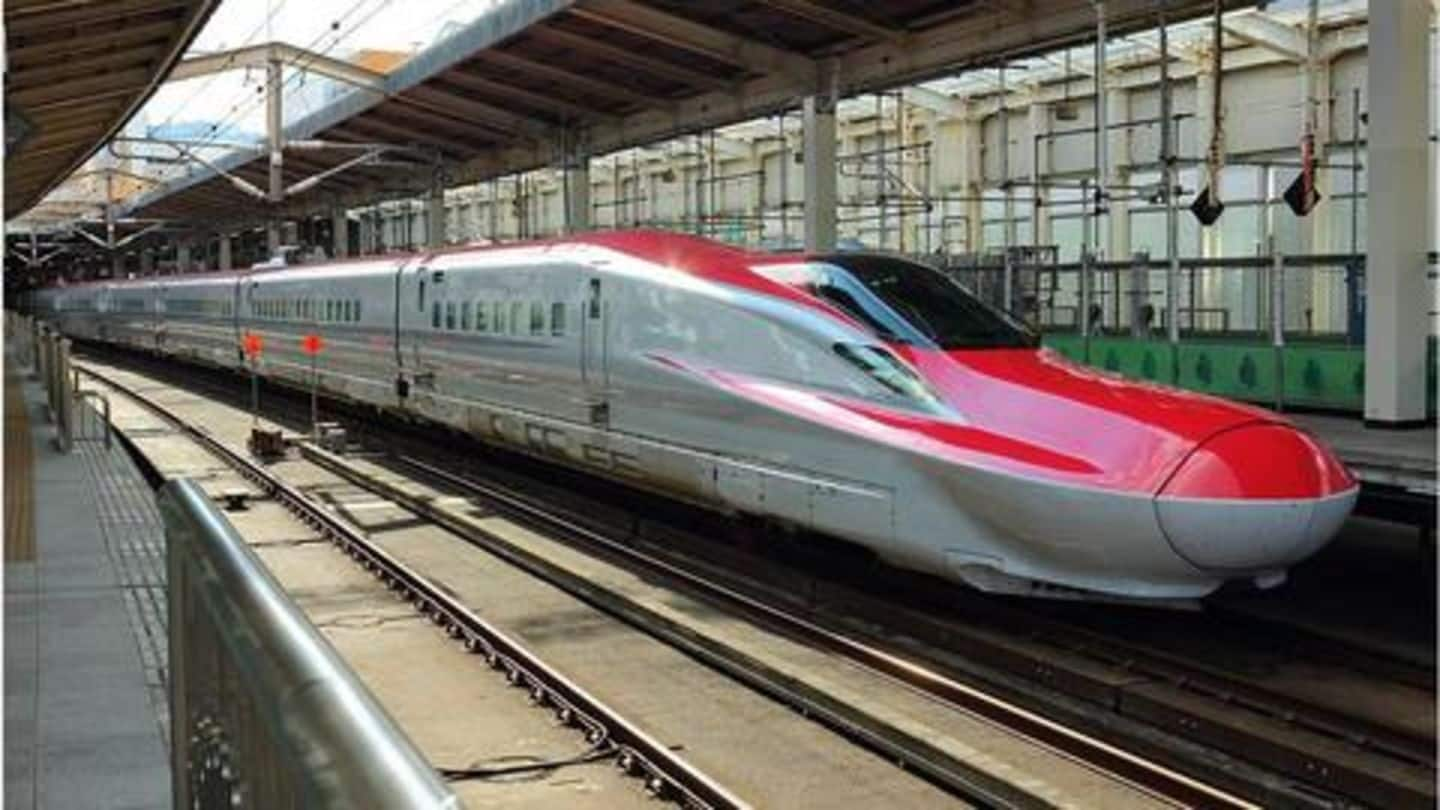
Delhi to Alwar in 2 hours now: Details here
What's the story
You will soon be able to travel from Delhi to Alwar in 2 hours flat!
That is because Rajasthan government has recently approved the Detailed Project Report (DPR) of the Delhi-Gurugram-SNB (Shahjahanpur-Neemrana-Behror Urban Complex) rapid rail corridor.
It is the first phase of the Delhi-Alwar regional rapid transit system (RRTS).
Here are the details.
Details
Haryana government, NCRTC Board had already approved the project
The 164-km long Delhi-Gurugram-Alwar rapid transit system will be finished in two more phases.
According to an official of the National Capital Region Transport Corporation (NCRTC), Haryana government had given the approval for the same corridor earlier in February.
And the NCRTC Board, which is responsible for implementing the project in Delhi and NCR, had approved the corridor last December.
Phase I
Delhi-SNB corridor to meet other corridors at Sarai Kale Khan
Notably, the Delhi-SNB corridor will be 106kms long, of which 71kms will be elevated and will consist of 11 stations.
The rail will run underground for 35kms and cover 5 stations.
As per reports, the underground stations will be mostly in Delhi and Gurugram regions.
Further, this corridor will meet other RRTS corridors, i.e. Delhi-Ghaziabad-Meerut and Delhi-Sonipat-Panipat, at the Sarai Kale Khan station.
Information
Pre-construction tasks like geotechnical investigation, mapping already in progress
Moreover, this corridor will also work in cooperation with other public transports in Delhi-NCR including Delhi Metro, ISBTs (inter-state bus terminals) and Indian Railways. Meanwhile, concerned authorities have already started the pre-construction tasks like geotechnical investigation and the mapping of underground utilities.
Phase II, III
Apart from Delhi-Gurugram-SNB, RRTS will have two more phases
Apart from this, the RRTS will have two more phases:
Phase II: Extension of the corridor from SNB Urban Complex to Sotanala (Rajasthan).
Phase III: Construction of the corridor between SNB Urban Complex to Alwar.
Evidently, once all the three phases of the 164-km long RRTS are completed, passengers will be able to reach Alwar from Delhi in just two hours.
About
RRTS expected to reduce air pollution and traffic congestion
Apart from providing faster and alternative transportation option to several commuters, the RRTS also aims to help reduce the air pollution and traffic congestion on the roads.
The trains that will run on the RRTS will have an operational speed 160 km/hr and their average speed is expected to be 100 km/hr.
The trains will be available in every five or ten minutes.